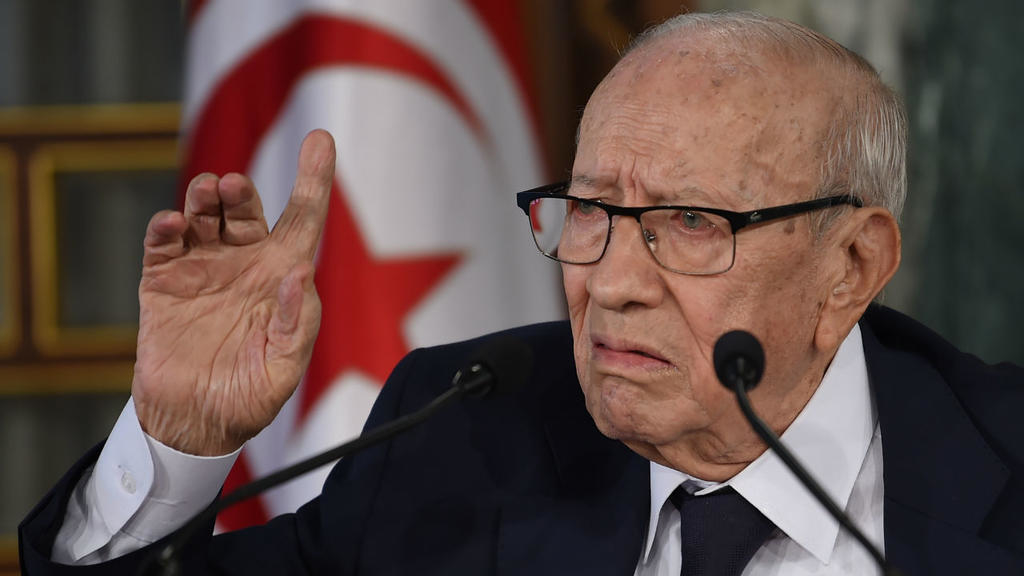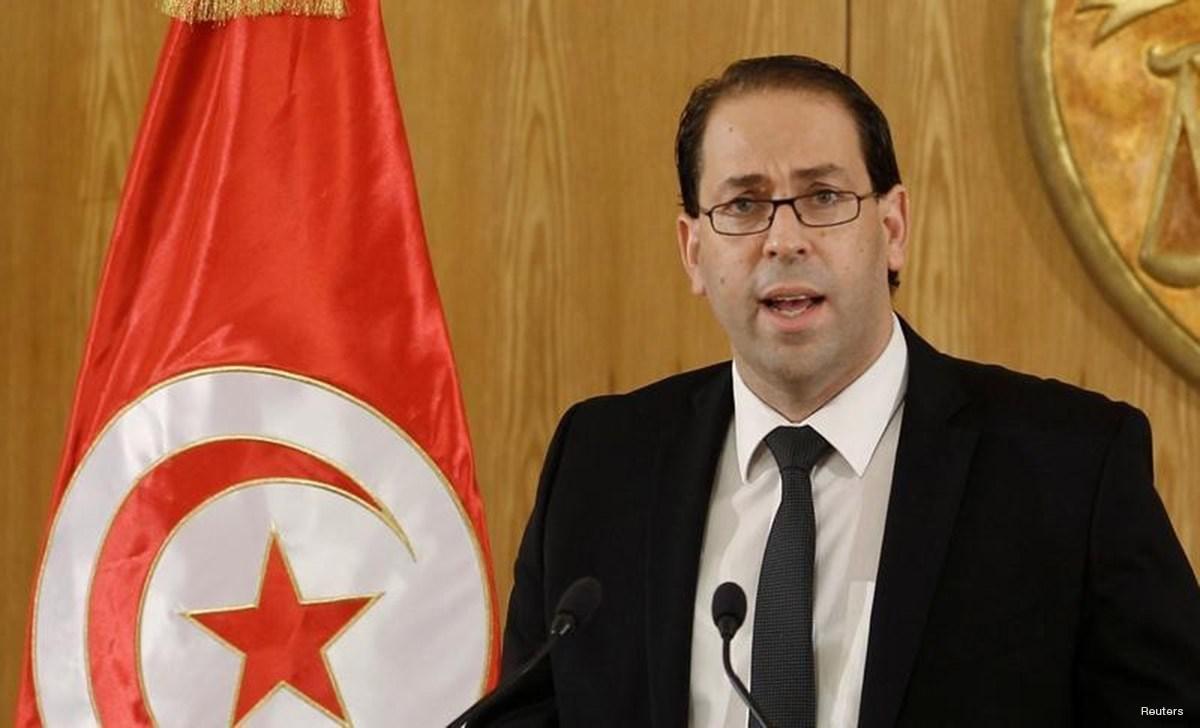By Peter Olorunnisomo – The oldest African president, Beji Caid Essebi is dead. The president who has been frail from ill-health was taken to a military hospital after suffering a “severe health crisis”, the presidency said on Thursday. He was 92 years old.

A leading figure in the country’s fortunes since 2011, Essebsi was hospitalized late last month and spent a week in hospital after suffering what authorities described as a severe health crisis.
“On Thursday morning, the President of the Republic died at the military hospital in Tunis.. The burial ceremony will be announced later,” the presidency said in statement.
According to the constitution, the speaker of parliament will temporarily serve as president.

Essebsi has been a prominent figure in Tunisia since the overthrow of veteran autocrat Zine El-Abidine Ben Ali in 2011, which was followed by uprisings against authoritarian leaders across the Middle East, including in nearby Libya and Egypt.
Parliamentary elections are expected to be held on Oct. 6 with a presidential vote following on Nov. 17. They will be the third set of polls in which Tunisians have been able to vote freely following the 2011 revolution.
Tunisian President Beji Caid Essebsi, who was taken ill last week, left hospital on Monday in “normal health” and will resume work in the coming days, the president’s son said on his Facebook page.
The presidency later published a picture of the 92-year-old leader, apparently surrounded by medical staff, as he left a military hospital in Tunis.
“The head of state left the military hospital to his residence in Carthage after having received the necessary treatment and having recovered,” his office said in a statement.
Concerned over the country’s political stability, politicians and social media users have been calling for transparency on the president’s health since he was hospitalised last week Thursday.
A group of unidentified Tunisians posted online a statement with the hashtag “#we have the right to know”, demanding “transparency” concerning Essebsi’s health.
They said rumours on media outlets had “disrupted state institutions”.
Several politicians, including members of parliament and party leaders, also demanded online that the authorities provide details on the president’s condition.
According to Reuters, one of Essebsi’s advisers had said that he was in a “very critical” condition but was alive.
Prime Minister Youssef Chahed said on Facebook that Essebsi was receiving the attention he needed and that people should stop spreading fake news about his condition, after some reports said then that the president had died.
President Beji Caid Essebsi was a major player in the country’s transition to democracy since 2011 when the Tunisian revolution that brought about an acceptable democracy to the people took place.
Essebsi has been a prominent figure in Tunisia since the overthrow of Zine El-Abidine Ben Ali in 2011, which was followed by uprisings against autocratic leaders across the Middle East, including in nearby Libya and Egypt.
Tunisia set itself on a path to democracy without much of the violence seen elsewhere, although it has been the target of militant Islamists over the years.
Brief of Beji Caid Essebsi
Came to office: December 2014 after the Arab Spring ousted Zine El Abidine Ben Ali.
Tenure expires: When next elections are held in November, he is not contesting
Preferred candidate: Neither Beji of his Nidaa Tunis party have named one. His current PM Youssef Chahed is leading a new party, Tahya Tounes.
Best remembered for: Being Tunisia’s first democratically elected president.
“I will say frankly that I do not want to present for a second term because Tunisia has a lot of talents,” Essebsi said at a meeting in April of his party Nidaa Tounes in Monastir.
Kindly follow us on twitter:@AfricanVoice2










